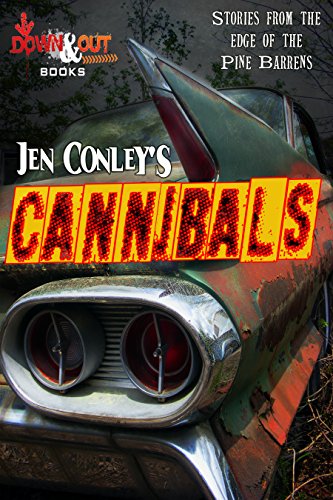by Scott Adlerberg
Novels I usually pick up and read through without reading any other substantial books in the meantime. This is true if the book takes me two days to read, two weeks to read or (the occasional tome) two months to read. But I find that short story collections dictate their pace to me. Some collections I zip through, devouring story after story till I'm finished with the book, and some I prefer to read a story or two a day, or every other day, while reading something else.
It's difficult to say exactly why some collections make me want to go through them slowly. The urge to read a story and wait, read another story and wait, has nothing to do with the collection's quality. Some great collections I want to read fast, some great ones I read with the slow method. The slow method may have to do with a particular emotional experience the collection engenders. You just want to let the feel of each story sit with you awhile before you move on to the next one, or each story has a strength you need a little time to recover from.
That's the kind of collection I found Jen Conley's Cannibals to be. After hearing such good things about it, I had high expectations when I opened the book, and the stories did not disappoint. Cannibals was among the reading highlights of my summer. I spent the month of August working through these stories, and I found myself savoring pretty much every one.
The key here for Jen Conley is total familiarity with the area she writes about - the Jersey Pine Barrens, that rural, wooded, sandy-soiled stretch of southern New Jersey that most people just drive through to get from one part of the state to the other. Each of the fifteen stories in Cannibals is set in this region, and Conley accomplishes something quite difficult to do: she creates a world that is at once a little foreign (because so distinct and self-enclosed) and yet utterly familiar (because her characters are so accessible and real). She writes of people scraping to get by, and sometimes failing to, and of the cruelties both casual and premeditated that people inflict on each other. Her stories contain home invasion, assault, rape, murder, and parental neglect, and characters repeatedly find that their plans go astray and their dreams don't come to fruition. And yet, for all the harshness and difficulty her stories depict, they never succumb to the miserabilism that some fiction trying to be "gritty" falls prey to. In a story such as "Metalhead Marty in Love," the ending is terribly sad, but there are moments in the life of the title character that are ectastic. "It's Hard to be a Saint in the City" ends on a note of perfectly calibrated middle-aged rueful reflection. You may have missed your chance for great love in life, but still, life goes on. The grandmother in "Debbie, the Hero", having done something gutsy that could make her daughter hate her for life, knows from experience to take life's pleasures where you find them. She has a male friend living far from her and whether things will work out between them in the long run, she can't know. Still, she hopes "there's a chance for us, a chance for me. But even if this trip never happens, at least I'll have a few weeks wishing for it."
Four stories center around police officer Andrea Vogel, and let's just say that this is a character I'd love to see more of. Married for many years, Vogel lost her husband in a car accident, and in many ways she seems to embody the no-nonsense complexities of the world Conley creates. Despite the sadness she lives with, she carries on and does her job. She's all business at her work and tough inside, nobody to mess with, but she has enough compassion inside her to try to help others as much as circumstances allow, whether it's an ex who keeps screwing up, an elderly woman who killed her abusive husband, or a young woman who was raped. In the face of people doing their worst, she remains even-keeled and steadfast, realistic and clear-eyed but not despairing. It's a way of viewing life that could also be applied to Vogel's creator, who mixes the bleak and the hopeful, the vicious and the cautiously beneficent, with expert skill. Conley's portrayal of life is a fully rounded one, and her laser precision charting the high and low points of human endeavor gives Cannibals its emotional power.
Cannibals is available here.


2 comments:
Great review here! Jen is a master storyteller.
I'm going to get a copy at Bouchercon and track her down for a signature. She can sure string those words together.
Post a Comment